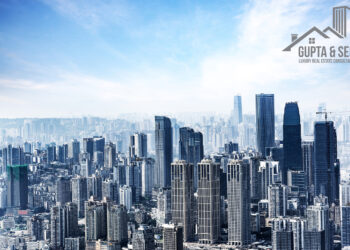The pace of change is accelerating. For example, the development of mobile technology has played an important role in shaping the impact of social media. Across the globe, mobile devices dominate in terms of total minutes spent online. Everyone now has access to the means to connect from any device, at any time, and anywhere. Because of these factors, social networks have evolved from being a convenient way to stay in touch with friends and family to being used in ways that really affect society. Social media is being used in ways that shape politics, business, world culture, education, careers, innovation, and more.
Have you also thought of learning Social media? Here’s our Social Media Course preview you can check: Click here.
Here are seven ways the impact of social media is felt by individuals and social groups:
Politics’ impact of social media A new study from Pew Research claims that 62 percent of people get their news from social media, with 18 percent doing so very often.
What-is-the-real-impact-of-social-media-after_2.1.jpg
Social media has significantly increased its influence on political campaigns when compared to other forms of media. Since Howard Dean’s unsuccessful campaign in 2003 and the 2008 election of the first African-American president, social networks have become increasingly important in electoral politics. The New York Times reports that “The election of Donald J. Trump is perhaps the starkest illustration yet that across the planet, social networks are helping to fundamentally rewire human society.” Because social media allows people to communicate with one another more freely, they are helping to create surprisingly influential social organizations among once-marginalized groups.
Social media’s impact on society Almost a quarter of the world’s population is now on Facebook. In the USA nearly 80% of all internet users are on this platform. Because social networks feed off interactions among people, they become more powerful as they grow.
Every marginalized person can see that he is not alone thanks to the internet. And when these people find one another via social media, they can do things — create memes, publications and entire online worlds that bolster their worldview, and then break into the mainstream.
Without social media, social, ethical, environmental and political ills would have minimal visibility. The balance of power has shifted from a few to the masses as a result of issues becoming more visible. The flipside: Social media is slowly killing real activism and replacing it with ‘slacktivism’
While social media activism brings an increased awareness about societal issues, questions remain as to whether this awareness is translating into real change.

Some argue that social sharing has encouraged people to use computers and mobile phones to express their concerns on social issues without actually having to engage actively with campaigns in real life. Their support is limited to pressing the ‘Like’ button or sharing content.














